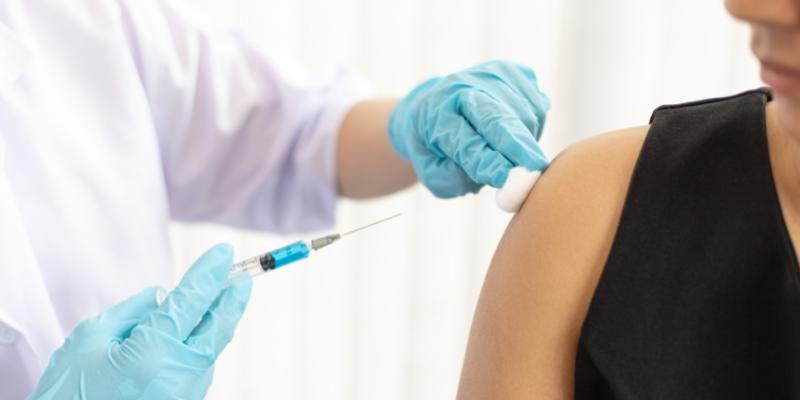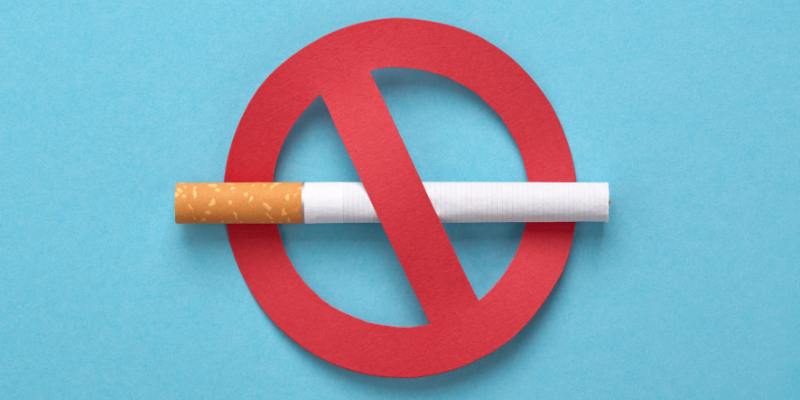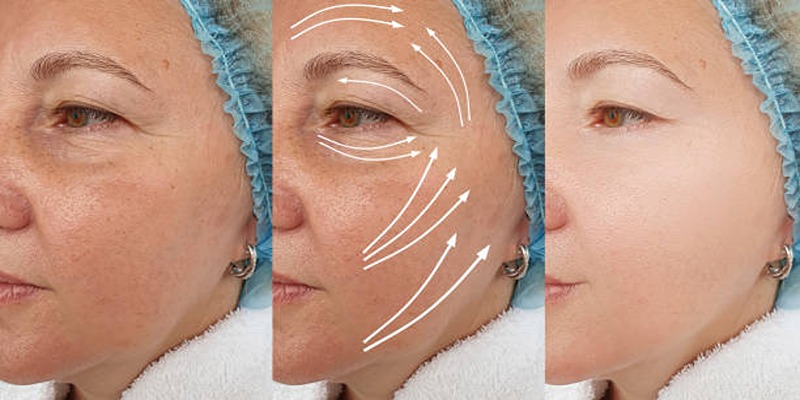How To Avoid Meningitis: Top 10 Prevention Tips
Advertisement
Meningitis is a serious and potentially life-threatening condition that involves the inflammation of the membranes surrounding the brain and spinal cord. It can be caused by bacterial, viral, or fungal infections and can lead to complications such as hearing loss, brain damage, or even death if not treated promptly. While meningitis can affect anyone, certain precautions can help reduce the risk.
This article will provide 10 top prevention tips to lower your chances of contracting meningitis significantly. By incorporating these strategies into your daily life, you can protect yourself and your loved ones from this serious illness.
Get Vaccinated:
Vaccination is one of the most effective ways to prevent meningitis, particularly bacterial meningitis. Several vaccines are available to protect against the most common types of bacteria that cause meningitis, including Neisseria meningitidis, Streptococcus pneumoniae, and Haemophilus influenzae type b (Hib). The meningococcal vaccine protects against meningococcal meningitis and is recommended for adolescents and people in high-risk groups, such as military personnel and travelers to regions where meningitis is prevalent. Ensure that you and your children receive the appropriate vaccinations on time, as advised by healthcare providers, to safeguard against this potentially life-threatening illness.

Practice Good Hygiene:
Good hygiene practices are essential for reducing the spread of infectious diseases, including those that cause meningitis. Washing hands regularly with soap and water is a simple yet highly effective measure to prevent the transmission of bacteria and viruses. Be especially mindful to wash your hands before eating, after using the restroom, and after coughing or sneezing. If soap and water are unavailable, use an alcohol-based hand sanitizer. Avoid sharing personal items like towels, drinking glasses, or eating utensils to reduce the risk of spreading germs that can lead to infections.
Stay Up-to-Date on Vaccines:
In addition to routine vaccinations, staying up-to-date on booster shots is crucial for meningitis prevention. For example, the meningococcal vaccine often requires multiple doses, with boosters needed for certain age groups or individuals at higher risk. Consult your healthcare provider about the latest vaccine recommendations based on age, health status, and travel plans. By staying current on vaccinations and booster schedules, you can ensure long-term protection for yourself and your family against meningitis.
Avoid Close Contact with Infected Individuals:
Meningitis, particularly viral and bacterial types, can spread through contact with an infected person, often via respiratory droplets from coughing, sneezing, or kissing. To minimize your risk, limit close interactions with individuals diagnosed with meningitis. If close contact is unavoidable, consider wearing a mask and washing your hands frequently to reduce the risk of transmission. Additionally, avoid crowded or enclosed spaces if you or someone in your vicinity shows signs of illness to further protect against infection.
Boost Your Immune System:
A strong immune system is vital for protecting against infections, including meningitis. Focus on maintaining a balanced diet rich in vitamins, minerals, and antioxidants to support immune health. Add fruits, vegetables, whole grains, and lean proteins to your meals to provide essential nutrients. Regular physical activity, adequate sleep, and effective stress management are equally important in bolstering your immune defenses. In some cases, supplements like vitamins C and D or probiotics may offer additional benefits, particularly for individuals with specific deficiencies or limited access to nutrient-rich foods.
Avoid Smoking and Exposure to Secondhand Smoke:
Smoking and exposure to secondhand smoke can significantly weaken your respiratory system, increasing susceptibility to infections such as meningitis. Cigarette smoke damages the mucous membranes in the respiratory tract, creating an easier pathway for harmful bacteria and viruses to invade the body. By quitting smoking and avoiding environments with secondhand smoke, you not only improve your overall lung health but also reduce your risk of respiratory infections that can lead to meningitis.

Ensure Proper Sanitation in Living Areas:
Keeping your living space clean is important in minimizing exposure to bacteria and viruses that cause meningitis. Regularly clean and disinfect high-touch surfaces such as doorknobs, light switches, countertops, and mobile devices. If you live in a shared environment, such as a dormitory or communal housing, be especially vigilant about maintaining cleanliness in shared spaces like kitchens and bathrooms. Encourage others in your household to adopt similar cleaning practices to create a safe and hygienic living environment for everyone.
Be Cautious When Traveling:
Certain regions, particularly parts of sub-Saharan Africa and Asia, experience higher rates of meningitis outbreaks, especially during the dry season. If you travel to areas with known meningitis risks, consult your healthcare provider for advice on necessary vaccinations, such as the meningococcal vaccine. While traveling, prioritize good hygiene practices, avoid close contact with individuals who appear unwell, and steer clear of crowded public spaces when possible. Taking these precautions can greatly reduce your risk of contracting meningitis while abroad.
Seek Early Medical Attention for Symptoms:
Recognizing and addressing symptoms of meningitis early can significantly improve outcomes and prevent complications. Common symptoms include a stiff neck, fever, headache, nausea, sensitivity to light, and confusion. If you or someone you know experiences these signs, seek medical attention immediately. Meningitis can progress rapidly, and early intervention with antibiotics or antiviral treatments can make a critical difference in recovery. Individuals with compromised immune systems or pre-existing health conditions should remain particularly vigilant for signs of meningitis.
Educate Yourself and Others:
Awareness is one of the most powerful tools for preventing meningitis. Take time to educate yourself and your loved ones about the causes, symptoms, and prevention strategies associated with the condition. Share accurate information within your community, such as workplaces, schools, or social groups, to foster a collective effort toward meningitis prevention. By spreading knowledge, you empower others to take proactive steps to protect their health and reduce the risk of outbreaks.
Conclusion
Meningitis is a serious health condition, but you can significantly reduce the risk of contracting it by taking proactive steps. Vaccination, good hygiene, avoiding close contact with infected individuals, and maintaining a healthy lifestyle are key strategies for prevention. Additionally, ensuring you seek medical care early if symptoms arise and staying informed about the latest health recommendations can help you stay protected.
Prioritize your health by implementing these 10 top prevention tips into your daily routine, and encourage others to do the same. Act now to protect your health and prevent meningitis today!
On this page
Get Vaccinated: Practice Good Hygiene: Stay Up-to-Date on Vaccines: Avoid Close Contact with Infected Individuals: Boost Your Immune System: Avoid Smoking and Exposure to Secondhand Smoke: Ensure Proper Sanitation in Living Areas: Be Cautious When Traveling: Seek Early Medical Attention for Symptoms: Educate Yourself and Others: ConclusionAdvertisement












